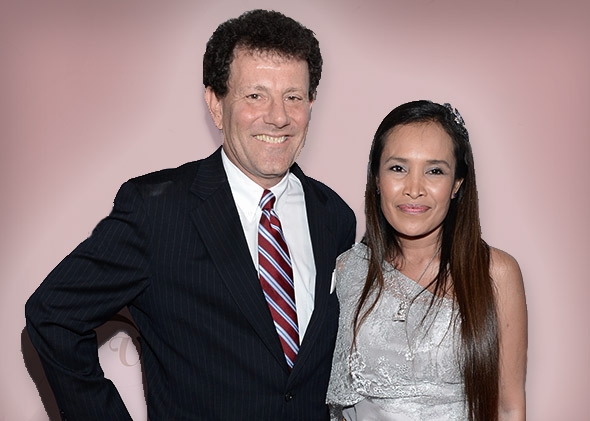The study of economy dynamic is a way to understand the evolution, stability, and complexity of economic system. It studies a variety of patterns that warrant investigation, including inhomogeneous development and growth across countries and societies in constant economic instability that is a frequent feature of periods of relative stability, and time and space-based trends of business and financial instability. It is also interested in the ways these patterns are related to the structural properties of economic systems, and in particular the nature of the processes which they change.
In its simplest Website sense, an economy is a network consisting of individuals who trade goods and services in order to satisfy their needs and wants. Although the current economic system is more complex than the early trades that led to the modern society, they still rely on similar principles. Emile Durkheim noted a correlation between social cohesion and society’s economy, distinguishing „mechanical“ and „organic“ solidarity that correlate to the division of labor. In simpler societies, mechanical solidarity might arise from shared interests such as religion or work. In more advanced societies, it may arise from the interdependence that results from individuals who are performing specific jobs. For instance, elementary school teachers rely on farmers to provide them with food, doctors depend on carpenters for shelter; and there are many more.
The field of economic dynamics is a subfield of system dynamics that applies behavioral methods to social systems, and focuses on feedbacks. It is also associated with the field of complexity science, which focuses on non-equilibrium systems and importance of interactions.




